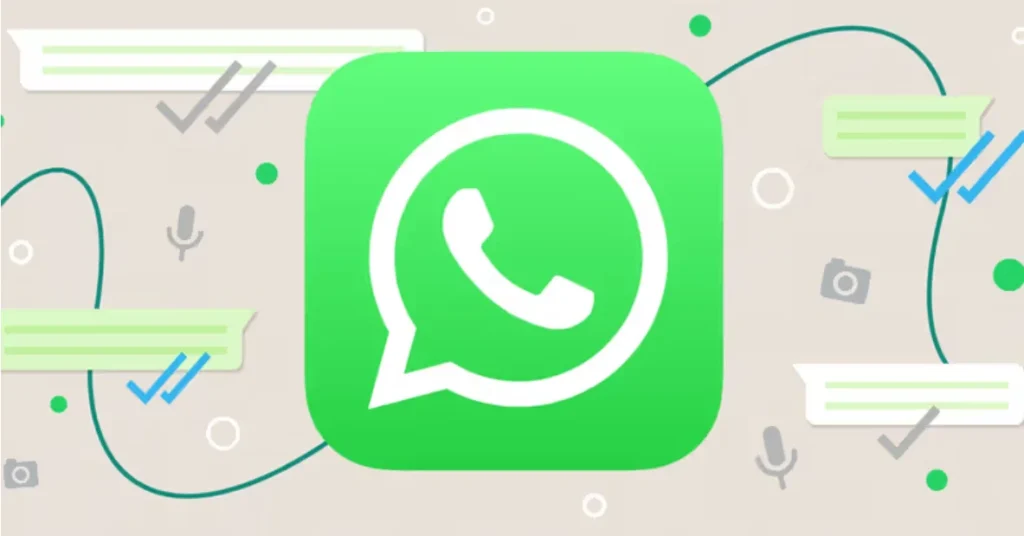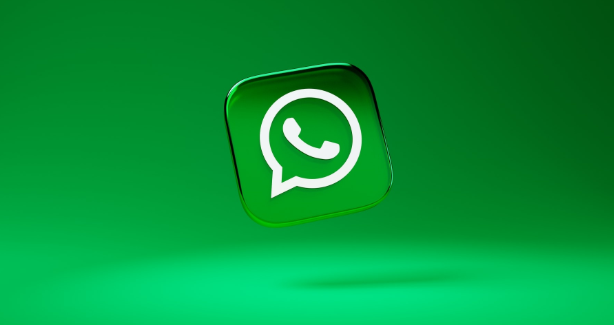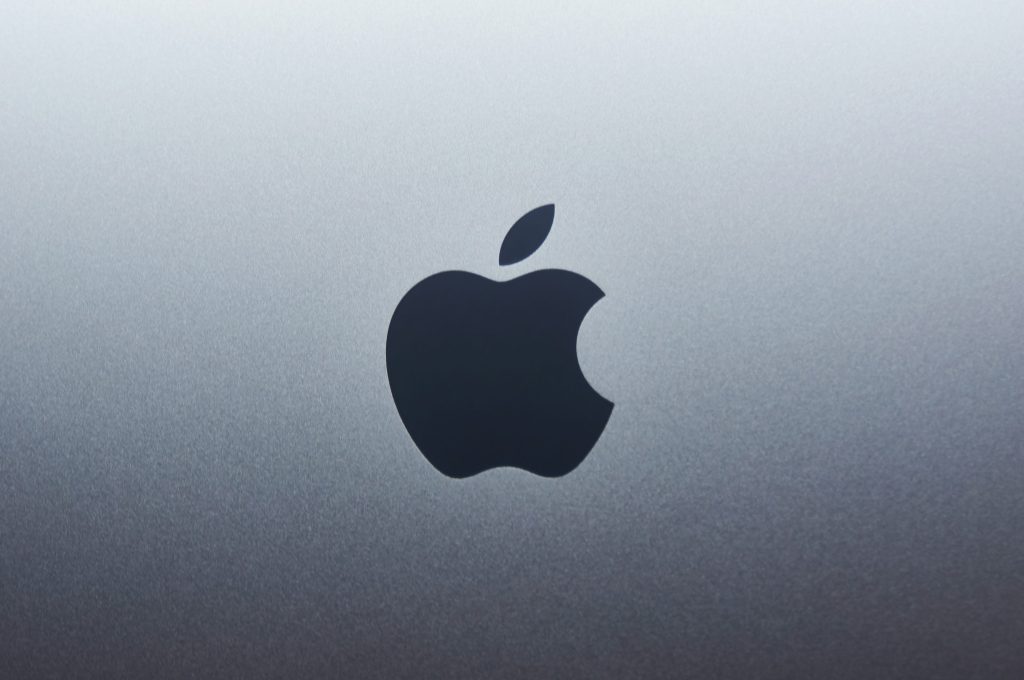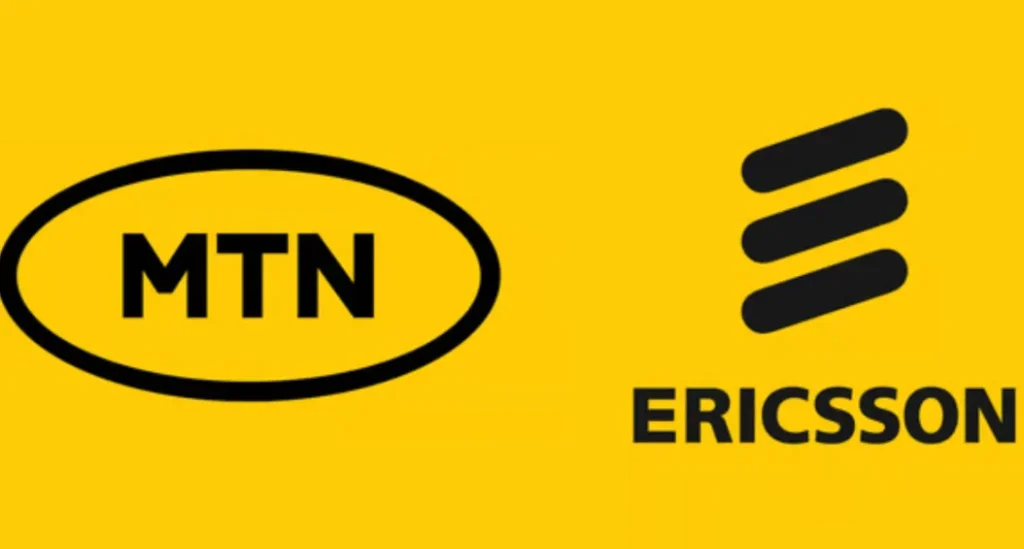Russia has mandated that MAX Messenger, a state-backed rival to WhatsApp and Telegram, must be pre-installed on all mobile phones and tablets starting September 1, 2025. The move comes as Moscow seeks greater control over its internet space amid tensions with the West.
What Is MAX Messenger?
MAX is a Russian government-backed messaging app developed by VK, the state-controlled tech company also behind VK Messenger. The app is marketed as a secure alternative to WhatsApp and Telegram and has already been downloaded by 18 million users, despite still being in a testing phase.
According to Russian authorities, MAX integrates with government services and will provide citizens with more “secure” communication options.
Why Is Russia Pushing MAX?
The Kremlin’s decision is part of a broader strategy to boost domestic technology and reduce reliance on foreign platforms. Moscow has repeatedly accused apps like WhatsApp and Telegram of failing to cooperate with law enforcement in cases involving fraud and terrorism.
Critics, however, warn that MAX could become a state surveillance tool, allowing authorities to monitor users more closely.
Pre-Installed Apps in Russia
From September 1, 2025, all gadgets (including smartphones and tablets) sold in Russia will come with:
- MAX Messenger – A WhatsApp rival integrated with state services.
- RuStore – Russia’s domestic app store, which will now be pre-installed on both Android and Apple devices.
Additionally, starting January 1, 2026, all smart TVs sold in Russia will include LIME HD TV, a government-backed app that streams Russian state television channels for free.
Competition With WhatsApp and Telegram
WhatsApp remains Russia’s most popular messenger with 97.3 million users as of July 2025, followed by Telegram with 90.8 million users. Both companies have denied Moscow’s claims and stressed their efforts to combat harmful use of their platforms.
In contrast, VK Messenger ranks third with 17.9 million users, while MAX is quickly gaining traction due to government backing.
Security Concerns Around MAX
While Russian state media insists that MAX requests fewer permissions than WhatsApp or Telegram, critics argue it is less about privacy and more about control.
Notably, Russia’s interior ministry recently confirmed the first fraud case involving MAX, even as it maintained that the app is “safer” than foreign rivals.
The Bigger Picture
This push to promote homegrown apps underscores Moscow’s effort to establish digital sovereignty, especially as sanctions and geopolitical tensions reshape global tech ecosystems. By mandating pre-installed apps, Russia is moving toward an ecosystem where foreign apps face more restrictions, and state-backed alternatives dominate daily use.











